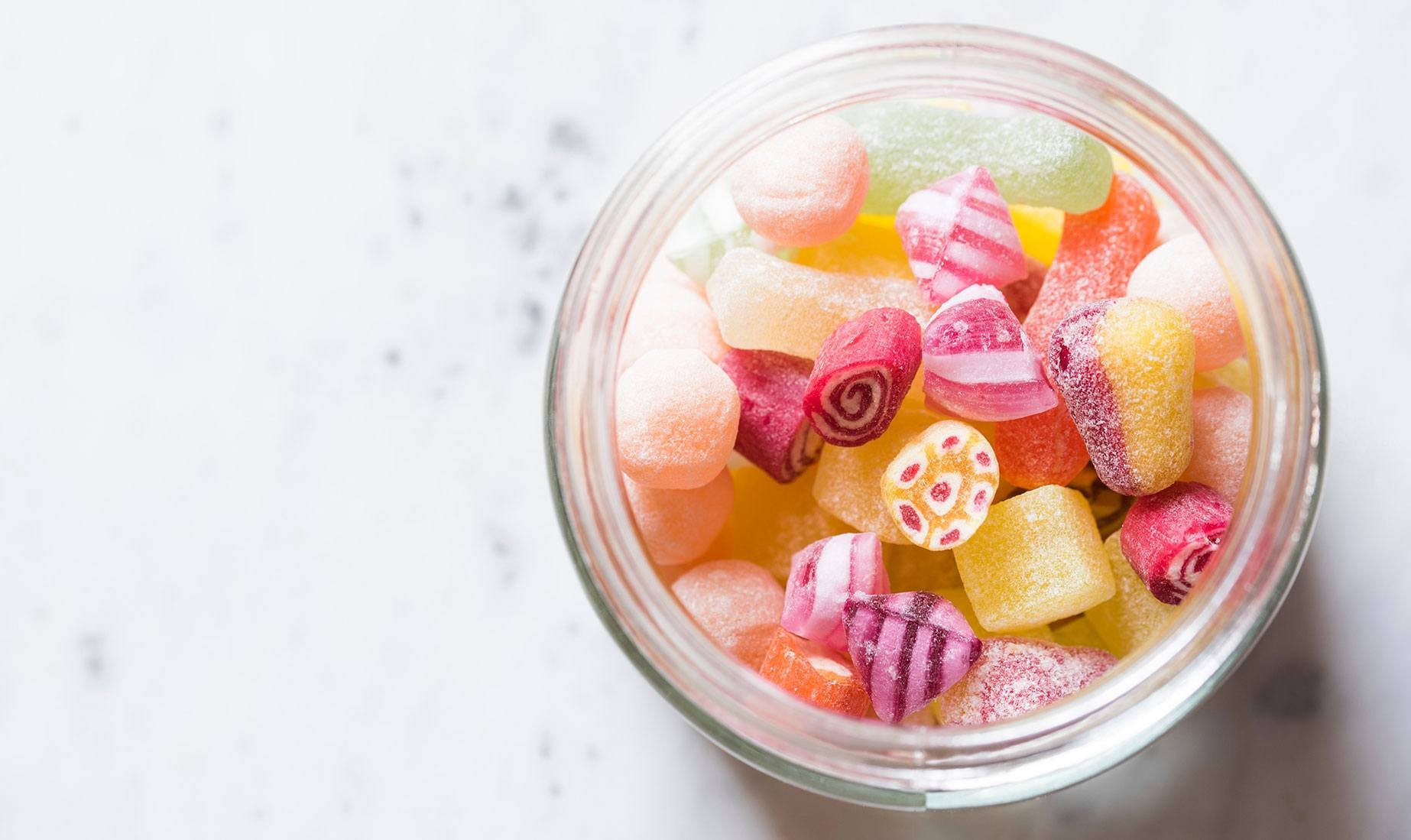Sugar is so appealing - and so bad for us! Learn exactly why to combat cravings
We tend to crave things that aren't so good for us - and sugar and fat are the top offenders. While both have big impacts on our whole body health, sugar is especially toxic for our teeth. The sweet stuff is one of the top causes of plaque formation, which leads to cavities, gingivitis, and other dental problems.
America has a complicated relationship with sugar. Taking a closer look at what we're actually consuming is the first step. If you have a problem with dental caries, or with your weight, it's time to rethink your diet. Read on for some insight into combating cravings, and to learn just how much sugar is actually recommended for daily consumption.
If you ever have questions about improving your oral health, just get in touch to learn more from our staff!
Why We Love Sugar
There are a few theories about the reasons behind the human urge to snack on sugary treats. The predominant belief is that a love for sugar is an evolutionary holdover from a different time. Back when humans were first forming societies, it was hard to come by adequate sustenance - and sugar was key. Not only did high-calorie foods provide a bigger boost, glucose fuels neuronal nerve cells to support the brain.
Today, the majority of Americans aren't struggling to provide their bodies daily nutrition. Instead, we're fighting the opposite problem - widespread obesity. With poor eating habits an unfortunate norm, people of all ages are unsure of exactly what they should be providing their bodies. And sugar tastes good (and feels good), so why not indulge?
The amount of sugar most of us consume just isn't healthy. But cutting some of it out doesn't have to be difficult, and it doesn't have to make you unhappy.
How Much Sugar Should I Eat Each Day?
We all need a small amount of sugar to survive - it's one of the vital nutrients that allow our bodies to thrive. But when we eat processed foods, we end up ingesting far more sugar than we think. This is because sugar is an easy fix that improves flavor and preservation.
The World Health Organization's most recent sugar intake guideline recommends no more than 5% of your daily energy come from sugar. Let's put that into practical terms. This equates with about 25 grams of sugar, which is just 6 teaspoons. Taking in more sugar than this amount is what's going to end up causing unwanted side effects.
The good news? With the Internet, it's always easy to check on how much sugar you're consuming. Whether you're on your home computer or on your phone, you can use a nutrition website or app to look up the nutrition content of your favorite foods, snacks, and drinks. Once you're aware of sugar content, you'll be able to tailor your daily eating to follow a healthy path.
Why Is Sugar Bad for Teeth?

A big glass of water helps combat the dental effects of sugar by washing away bacteria before it clings to teeth
First, let's talk about dental plaque. Plaque is a yellow film made of (mostly) bacteria, which clings to your teeth. It can be cleaned off with a toothbrush or floss in the short term, but if it's allowed to remain, it might harden into tartar, which is more irritating to the gums and more difficult to clean.
The bacteria in plaque feed off remaining organic compounds present in the mouth, especially sugars, fats, and proteins. By limiting your sugar, you help deprive plaque of the fuel it needs to thrive - and improve your oral health along the way.
Looking for some less-sugary alternatives to your favorite treats? Check out our guide to a healthy diet, or get in touch to get more suggestions. Say no to the sweet stuff to start making a big change!

